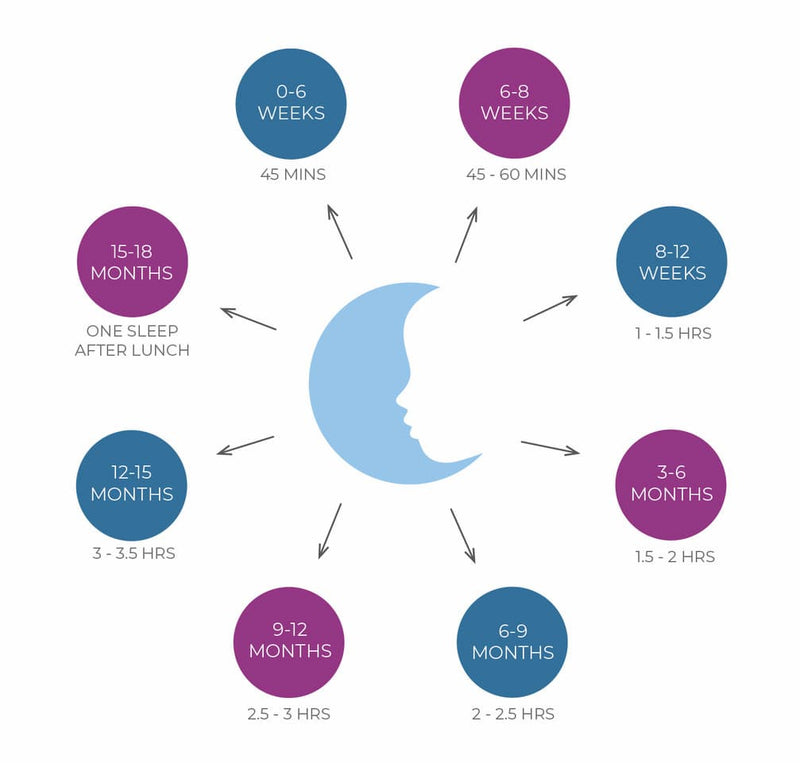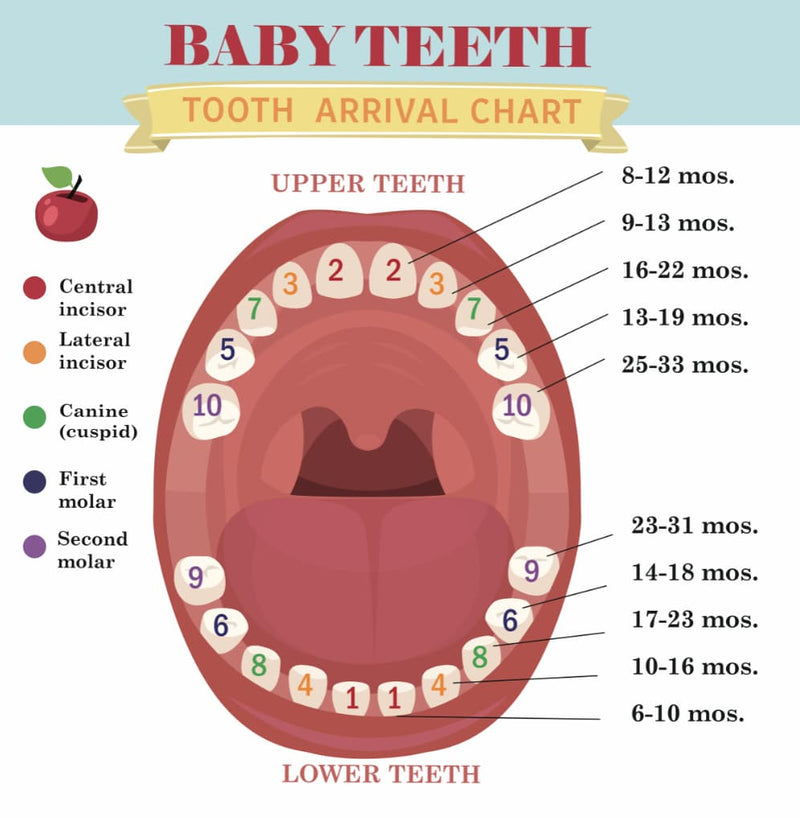
Additional Night Feeds: The Connection Between Night Feedings and Morning Mealtime Resistance in Babies
Do you have a baby who wakes for the day and refuses their first morning milk or breakfast? This is a very common scenario and something that is often-overlooked. The main contributing factor to this puzzle is the possibility too much feeding overnight. Let's delve into the intricate dynamics of night feedings and their impact on breakfast enthusiasm.
1. Overnight Feeds
Babies, especially newborns, have tiny tummies that require frequent refueling. It's not uncommon for parents to establish a routine of night feedings to ensure their little one gets the nourishment needed for growth and development. However, this well-intentioned habit can unintentionally lead to a reduced appetite come morning.
The Baby Sleep Magic App will help your baby get a full nights sleep within days or your money back, Download today
2. Caloric Quotas and Sleepy Mornings
When a baby receives a significant portion of their daily caloric intake during nighttime feedings, they may wake up feeling less hungry in the morning. Understanding the balance between nighttime and daytime feedings is essential for maintaining a healthy and consistent eating pattern.
3. Quality vs Quantity
Sometimes, the issue lies not in the frequency but in the volume of nighttime feedings. If your baby is consuming large quantities during the night, they might simply not have the appetite for a substantial breakfast. Striking the right balance between the amount of milk or formula offered overnight and during the day can make a significant difference. Try to keep any feeds after 2-3am to a minimum, as this can help increase your baby’s interest in milk/food when they wake up in the morning.
4. Establishing a Gentle Transition
To address this challenge, consider gradually reducing the volume of nighttime feedings while ensuring your baby receives adequate nourishment during the day. This transition should be done with care, allowing your baby's appetite and feeding habits to adjust naturally.
5. Cue Awareness
Babies communicate through cues, and understanding these signals is key to responsive parenting. If your baby is showing signs of hunger but isn't interested in morning feedings, it might be an indication of an imbalance in their feeding schedule. Pay attention to their hunger cues and adjust your routine accordingly.
While the temptation to provide comfort through nighttime feedings is entirely natural, it's crucial to strike a balance that supports both restful sleep and healthy eating habits. By being attuned to your baby's needs, making gradual adjustments, and fostering a consistent feeding routine, you can navigate the intricate landscape of babyhood with confidence and ensure that both midnight and morning meals are met with enthusiasm.
The Baby Sleep Magic App will help your baby get a full nights sleep within days or your money back, Download today
































